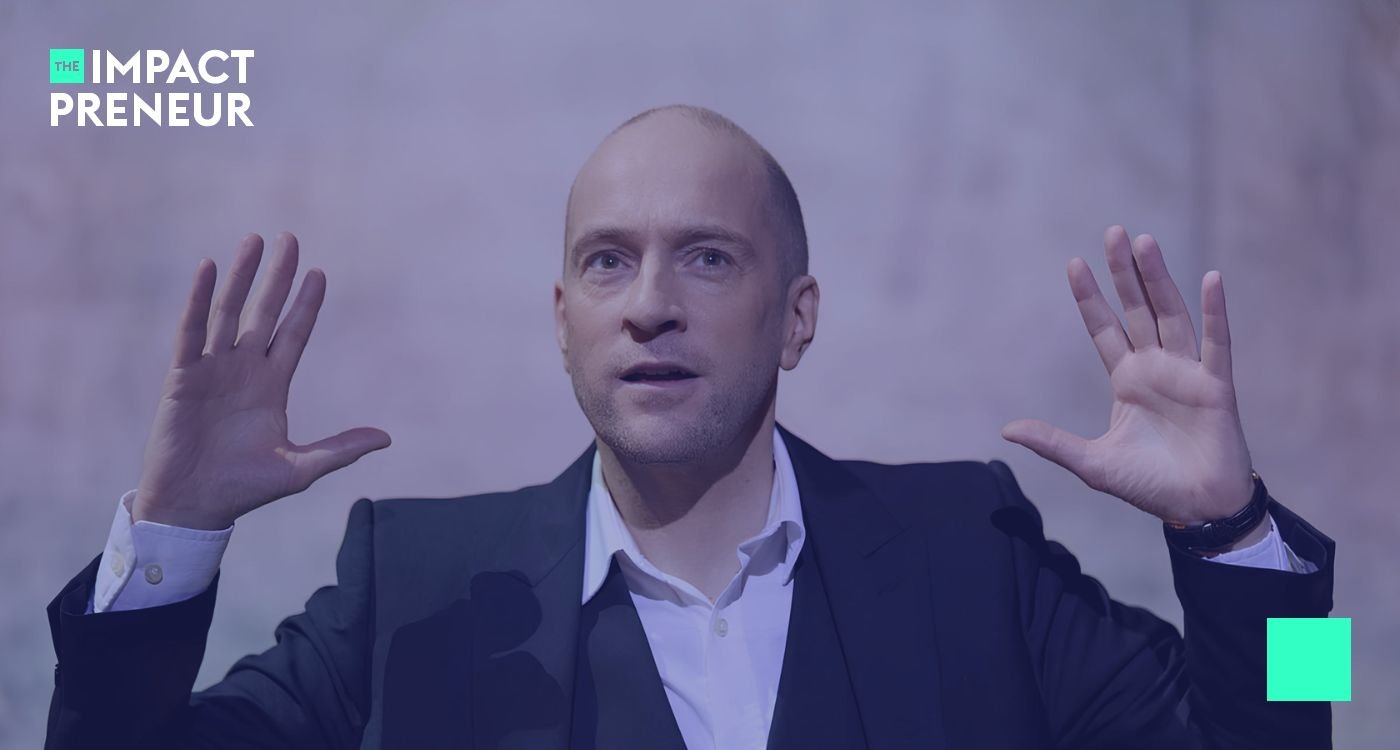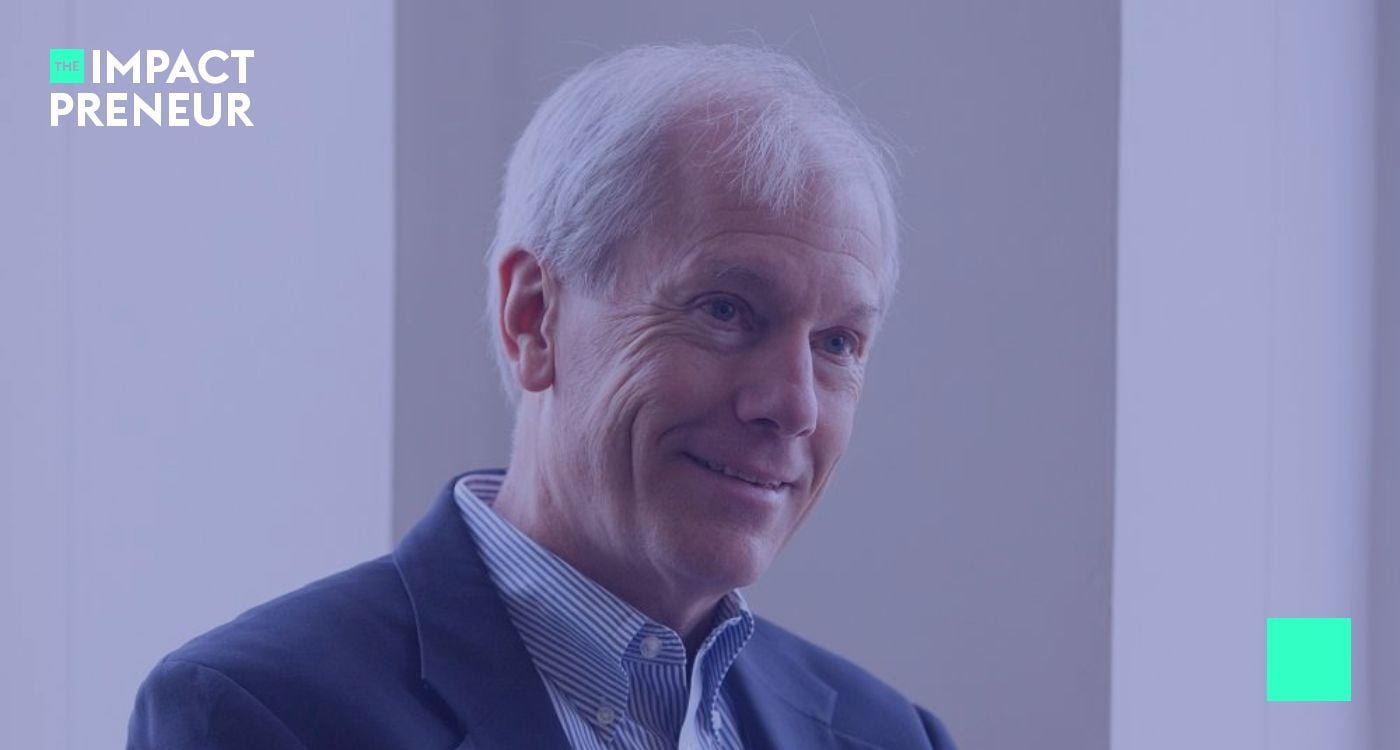Photo by: Ron Lach
In a world teeming with environmental challenges, the interplay of sustainability and critical thinking has never been more crucial. It's a duo that empowers us to dissect our actions, unravel their broader impacts, and forge a path that respects and nurtures our planet. But how do we pivot from passive understanding to active engagement? How do we ensure our daily decisions contribute to a greener, more vibrant world? Let's dive deep into the essence of sustainability, illuminated by the sharp lens of critical thinking, and explore how we can transform awareness into action.
Quick Bites:
- Understand that every small decision can have a significant environmental impact.
- Use critical thinking to evaluate and improve your sustainability habits.
- Your sustainable actions can inspire others, creating a ripple effect.
- Stay informed to make choices that align with a sustainable future.
The Heart of Sustainability: Why It Matters to Us
Why should we care about sustainability? It's a question that stirs the pot of our daily existence, urging us to look beyond the immediate and consider the global tapestry we're all a part of. Our choices—what we eat, how we travel, what we purchase—shape this tapestry, coloring it with the shades of our environmental impact.
But here's a nudge towards introspection: do these choices reflect a respect for our natural world, or do they reveal a disregard for the delicate balance that sustains us? Critical thinking on sustainability invites us to peel back the layers of our actions, to probe their motives and consequences, and to align our daily practices with the principles of environmental stewardship.
This isn't about grand gestures or monumental sacrifices. It's about recognizing the power of incremental change and the cumulative effect of individual actions. Whether choosing local produce, reducing water waste, or advocating for renewable energy, your contributions matter. They weave a narrative of responsibility and respect, crafting a future where sustainability is the norm, not the exception.
So, embrace this journey of critical self-reflection and conscious action. Delve into the why behind your choices, challenge the status quo, and become an architect of a sustainable future. It's a path that demands courage, curiosity, and a commitment to change, but the rewards—a healthier planet, a clearer conscience, and a legacy of care—are immeasurably profound.
Unveiling the Impact: The Choices We Make
Every day, we stand at a crossroads of decision-making, our choices branching out like the limbs of an intricate tree. These decisions, seemingly small and personal, ripple outward, influencing ecosystems, economies, and generations. When we choose disposable over durable, convenience over consciousness, we cast a vote for the kind of world we want to live in.
Imagine the cascading effects of a single plastic bottle discarded carelessly—its journey from street to stream to sea, its legacy of pollution and harm. Now, envision the positive waves generated by choosing a reusable water bottle—reduced waste, conserved resources, a message of mindfulness. Critical thinking empowers us to recognize these connections, to see ourselves as pivotal players in an interconnected world.
It's about asking questions, seeking alternatives, and making informed choices. Why opt for a gas-guzzling SUV when public transportation offers a greener alternative? How can we support businesses that prioritize sustainability, embedding it into the fabric of their operations? Our consumption patterns, travel habits, and energy usage—all are threads in the larger tapestry of environmental impact, each one holding the potential for change.
By unveiling the consequences of our choices, we step into a role of conscious custodianship, tasked with safeguarding the health and harmony of our planet. It's a role that demands vigilance, creativity, and an unwavering commitment to the greater good. So, let's choose wisely, think critically, and act boldly, for in the realm of sustainability, every choice is a catalyst for change.
Nurturing the Seed: From Awareness to Action
Awareness is the dawn of change, the first glimmer of understanding that illuminates our path to sustainability. But awareness alone is like a seed unplanted, brimming with potential yet unrealized. It's through action that we nurture this seed, cultivating a landscape of change that blossoms with the fruits of our efforts.
Transforming awareness into action begins within, with a commitment to live in harmony with our environment. It's a pledge to reduce, reuse, and recycle, to prioritize the needs of the planet over the allure of convenience. It's choosing to walk or cycle instead of driving, to conserve water and energy, to advocate for policies that protect our natural world.
Yet, individual action is just one piece of the puzzle. True sustainability thrives on collaboration—communities coming together, businesses innovating for the better, governments enacting policies that foster environmental stewardship. It's a synergy of efforts, a chorus of voices united in a common cause.
So, let's roll up our sleeves and get to work. Let's plant gardens, support local farmers, volunteer for clean-up efforts, and educate others about the importance of sustainability. Let's be the change-makers, the stewards of a brighter, greener future. For when we nurture the seed of awareness with the water of action, we harvest a world that flourishes for all.
Actionable Steps for a Greener Future
- Live Mindfully: Make sustainability a daily practice, integrating eco-friendly choices into every aspect of your life.
- Speak Up: Use your voice to advocate for environmental causes, supporting policies and initiatives that promote sustainability.
- Educate and Inspire: Share your knowledge and passion for sustainability with others, fostering a community of informed, engaged citizens.
- Support Green Innovation: Patronize businesses that prioritize sustainability, investing in products and services that align with eco-friendly practices.
- Stay Committed: Sustainability is a journey, not a destination. Remain dedicated to learning, growing, and evolving in your environmental stewardship.
In closing, critical thinking on sustainability is more than an intellectual pursuit; it's a clarion call to action, an invitation to join a global movement of mindful, engaged citizens. It's about recognizing our role in the environmental narrative, understanding the weight of our choices, and embracing our power to shape a sustainable future.
Questions on the Topic
Q: What is critical thinking on sustainability and why does it matter?
A: Critical thinking on sustainability goes beyond mere awareness. It's about dissecting our behaviors, beliefs, and the global systems influencing environmental outcomes. Ever pondered why, despite knowing better, our actions often don't align with a sustainable future? It's a fascinating conundrum, isn't it? Critical thinking challenges us to dig deeper, question our norms, and consider the broader impacts of our daily choices. It's not just about being 'green'—it's a profound journey to understand our role in the tapestry of life, pushing us to make informed, ethical decisions that resonate far beyond our immediate surroundings.
Q: How do personal perceptions influence our approach to climate change?
A: Perceptions are everything, aren't they? Our unique lenses—shaped by experiences, culture, and even our favorite TV shows—color how we view and react to climate change. It's like when you hear a new song and it just sticks, influencing your mood and thoughts. Similarly, when we process information about climate change, our perceptions filter it, often leading to varied reactions. Some might see it as a distant, abstract issue, while others feel a visceral, urgent need to act. Ever noticed how two people can look at the same piece of art and see entirely different things? That's the power of perception at play, steering our engagement and attitudes toward climate change and sustainability.
Q: Can Nihilism Impact Our Attitude Toward Environmental Issues?
A: Nihilism and environmentalism might seem like polar opposites, but guess what? They can intersect in intriguing ways. When someone shrugs off climate action with a 'nothing matters' attitude, it's like hitting a pause button on empathy and responsibility. But here's a thought: what if embracing a bit of nihilism could free us from paralyzing fears and empower us to act without attachment to specific outcomes? A twist, right? While unchecked nihilism can breed apathy, a nuanced take might just be the wildcard we need to confront environmental challenges unburdened by overwhelming despair. It's a delicate balance, like finding the right spice level that adds zest without overpowering the dish.
Q: Why is understanding human behavior crucial for promoting sustainability?
A: Sustainability isn't just a technical challenge; it's a behavioral puzzle. Ever wondered why telling people to 'just recycle' or 'drive less' often falls flat? It's because human behavior is complex, driven by a cocktail of emotions, beliefs, social norms, and incentives. Picture this: You're trying to persuade a friend to try your favorite dessert. You wouldn't just shove it in their face, right? You'd share stories, evoke emotions, maybe even throw in some tantalizing descriptions. That's what we need in promoting sustainability: strategies that resonate on a personal level, spark curiosity, and inspire action. By understanding the whys and hows of human behavior, we can design interventions that aren't just heard but felt and adopted.
Q: How can we foster more meaningful conversations about climate change?
A: Ah, the art of conversation. To shift the needle on climate change, we need dialogues that are not just informative but transformative. Start by creating a safe space where curiosity is welcomed, and different perspectives can flourish. It's like hosting a dinner party where everyone feels at ease to share and explore ideas. Use stories, anecdotes, and personal experiences to make abstract concepts tangible and relatable. Encourage questions, embrace uncertainties, and explore complexities together. It's not about preaching or convincing but about connecting on a human level, sparking insights, and nurturing a collective sense of purpose and action.




